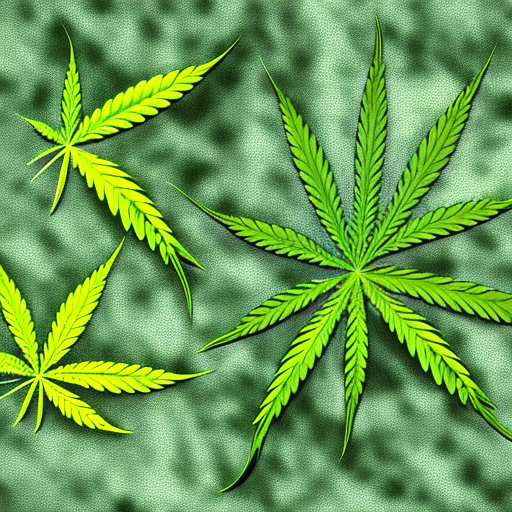
Yo, it’s Dan here and I wanna talk to y’all about emotional blunting, or what we call numbness. It’s a real thing that happens to a lot of people who take antidepressants. When it hits, you don’t feel happy or sad, you just feel numb. You can’t even cry or laugh when you’re supposed to, and you might not even have as much empathy for others. It also kills your motivation and makes things that used to bring you joy seem dull. That’s why taking antidepressants is like a double-edged sword, on top of all the other side effects they come with.
A new study looked at Lexapro, a popular selective serotonin reuptake inhibitor (SSRI). This type of antidepressant works by targeting serotonin levels and stopping reuptake sites from recycling serotonin in the brain. By doing this, depression symptoms can be reduced. Most people start feeling the effects of Lexapro and other SSRIs after about four weeks of taking them.
But is it worth feeling emotionally numb?
Reports say that 40-60% of people who take SSRIs experience emotional blunting. Things just aren’t as enjoyable anymore, but it’s not clear if this is due to depression or the medication itself. One recent study published in Neuropsychopharmacology was led by Prof. Barbara Sahakian at the University of Cambridge. She explained to The Guardian: “In a way, this may be in part how they work. They take away some of the emotional pain that people who experience depression feel, but unfortunately it seems that they also take away some of the enjoyment.”
For this study, 66 volunteers were given escitalopram (the generic name for Lexapro) or a placebo for 21 days. Then they were asked to complete cognitive tests measuring their memory, attention and other functions. Prof. Sahakian explains that escitalopram didn’t make things worse for them cognitively: “The drug isn’t doing anything negative to cognition – from that point of view it’s very good.”
However, participants taking SSRIs were found to be less responsive to positive reinforcement learning when exposed to stimuli. For example, they were shown two screens with one giving a reward four out of five times while the other would only give a reward once every five times. Eventually, they learned which screen would give them the reward more often, but when the probabilities were changed up, they didn’t know what to expect anymore.
Volunteers taking SSRIs also reported having difficulty reaching climax during intercourse. This is a well-known side effect of SSRIs.
Experts say that the emotional blunting caused by SSRIs is related to dose and its effects on the prefrontal cortex and frontal lobes. Patients can lower their SSRI doses or change medications if necessary.
Could Cannabis Be A Better Alternative For Depression?
Cannabis has two main cannabinoids: psychoactive THC (tetrahydrocannabinol) and relaxing CBD (cannabidiol). These cannabinoids bind to endocannabinoid receptors located all throughout our bodies, especially in our brains, and help treat symptoms of various mental health disorders.
Many people have had success treating depression and anxiety with marijuana.
A study in 2022 examined over 7,000 adults diagnosed with depression and anxiety and found that marijuana use improved their symptoms over time. The effects lasted for 12 to 18 months after treatment. The authors wrote: “This study offers reasonable justification for the completion of large clinical trials to further the understanding of medical cannabis as a treatment for anxiety and depression.”
Another study showed that long-term consumption of CBD cannabis helped patients struggling with depression, anxiety and pain. Canadian researchers analyzed how CBD products impacted 279 subjects over six months and found that patients with severe symptoms benefited most from CBD-rich treatments.
“CBD-rich treatments have a beneficial impact on patients with self-reported moderate or severe symptoms of pain, anxiety or depression,” wrote the authors.
Conclusion
There is promising evidence that marijuana can help with depression without causing emotional blunting like many antidepressants do. It may require trial and error with different THC and CBD products until you find what works best for you. However, cannabis is a safer alternative than many prescribed medications with no side effects to worry about – just make sure you consult your healthcare provider before integrating cannabis into your wellness routine.
So there you have it folks! If you’re dealing with depression or anxiety and are worried about emotional blunting from your medications, give cannabis a try! Stay safe out there!




Yo, I feel that. Depressants be messin with our vibes, but weed got us feelin right and chill. Ain’t nothin like it to lift them heavy weights off our minds. Let’s get it!
Yo this study real talk, we gotta think twice ’bout them depressants. Weed got us feelin good and chillin, maybe its time to light up and vibe instead.